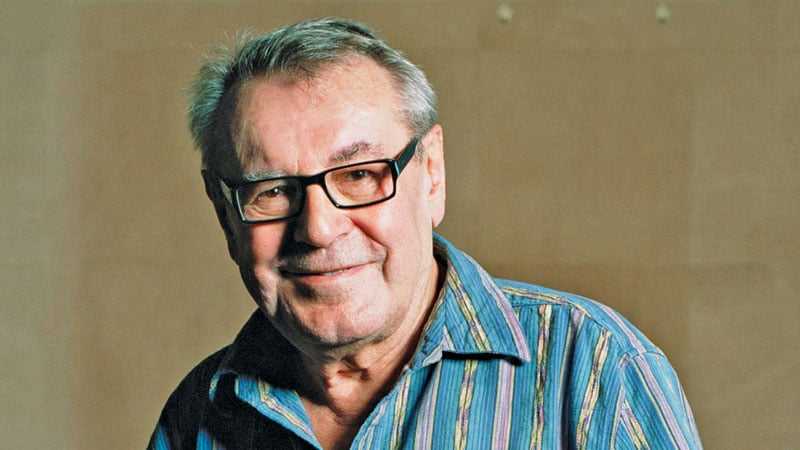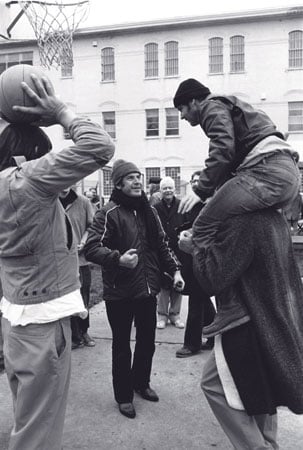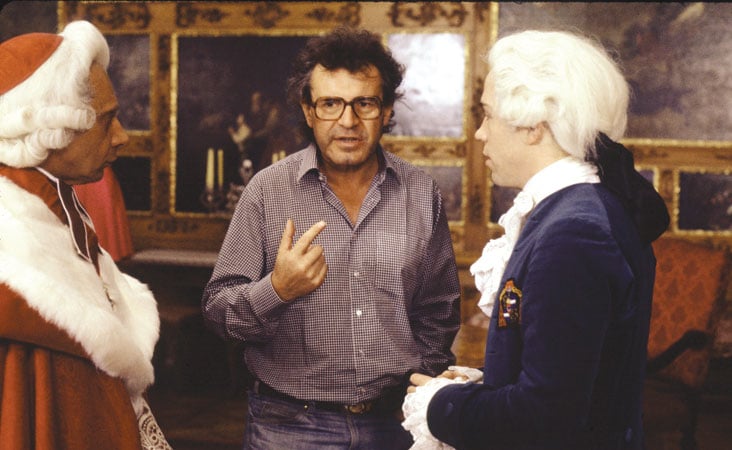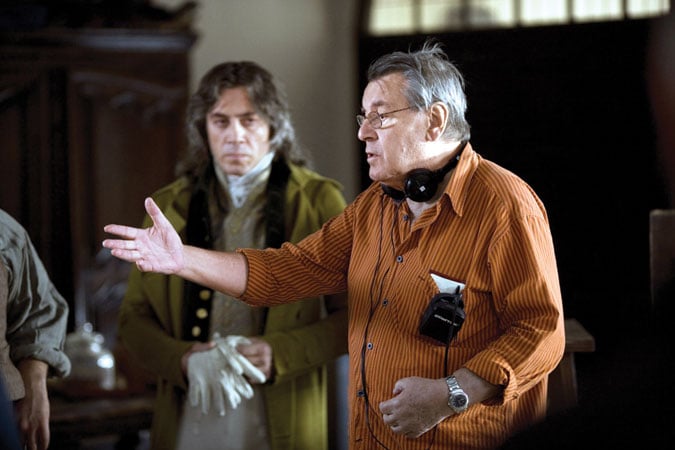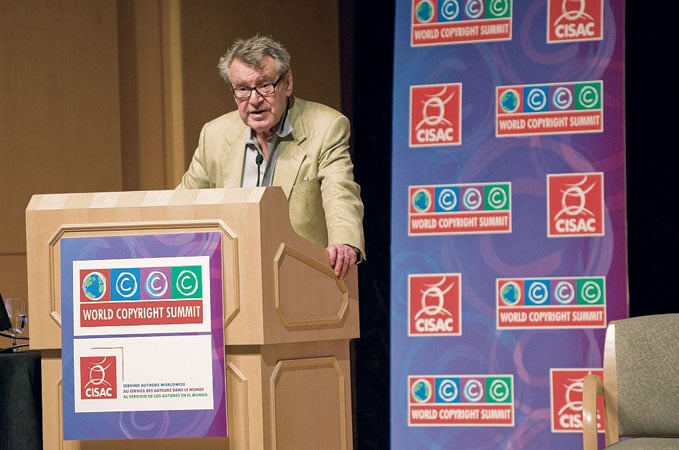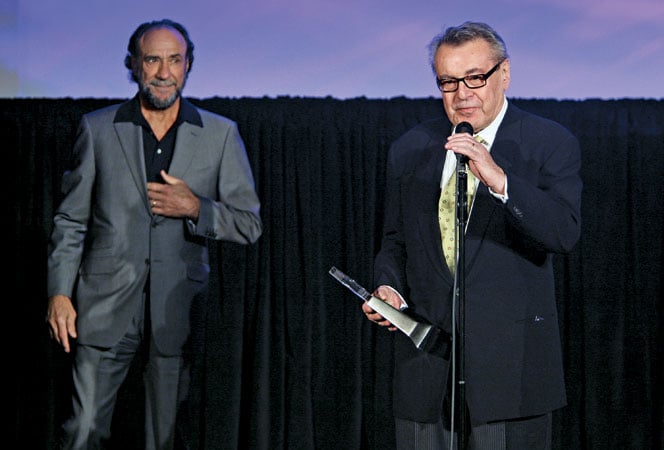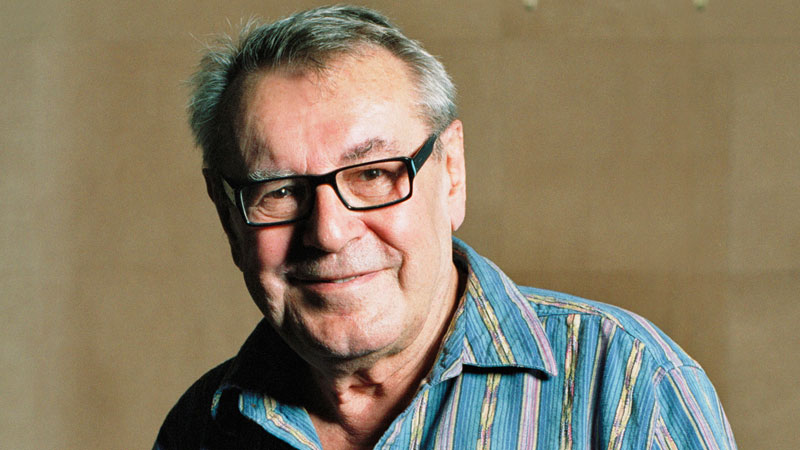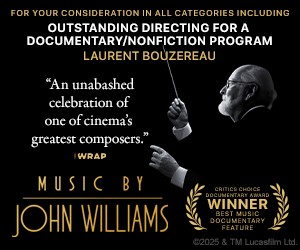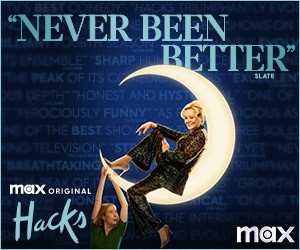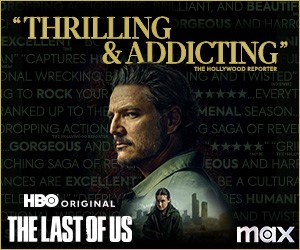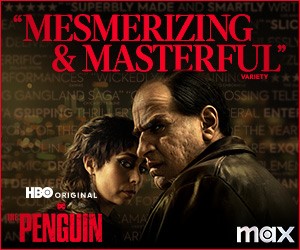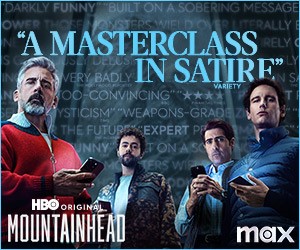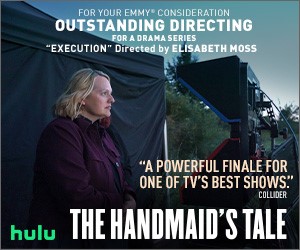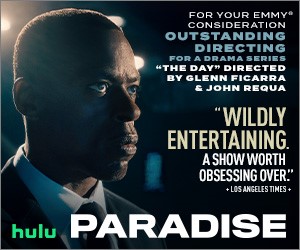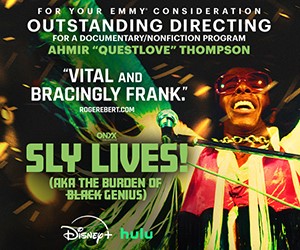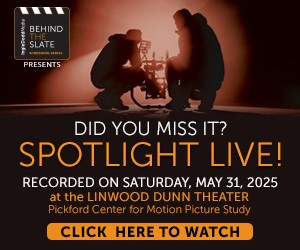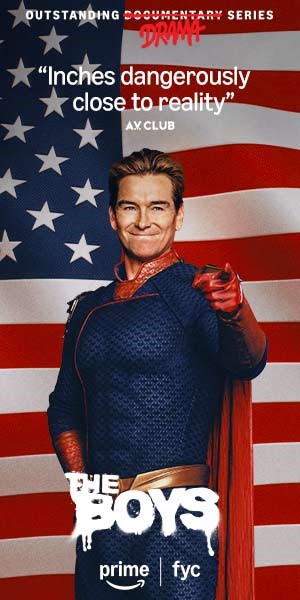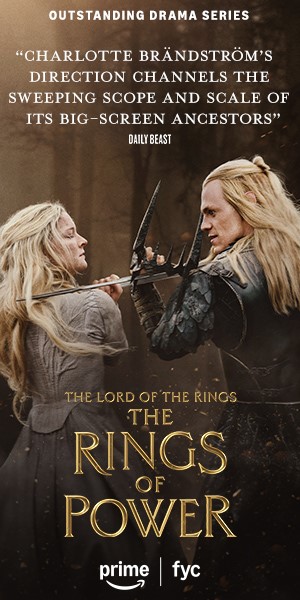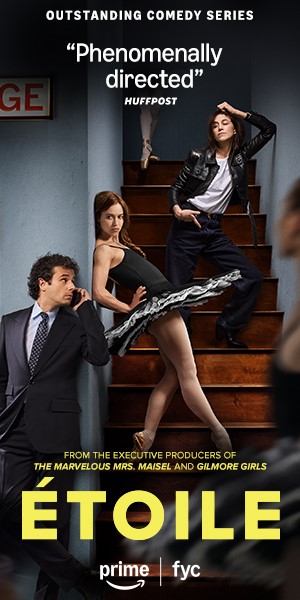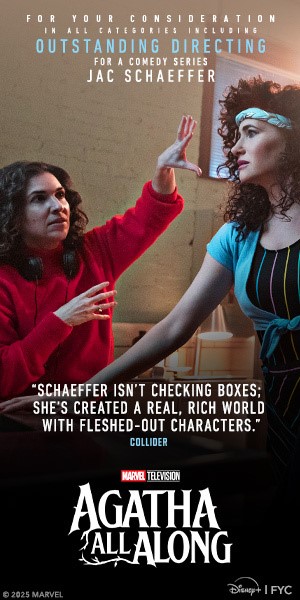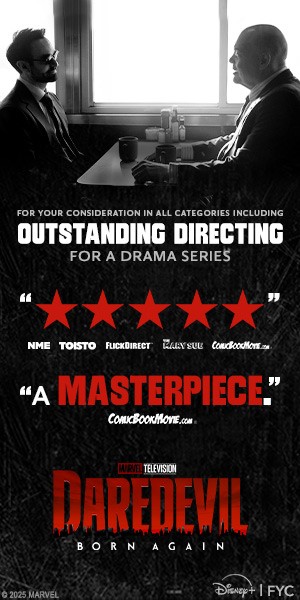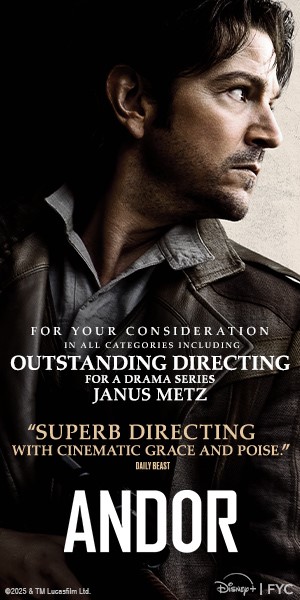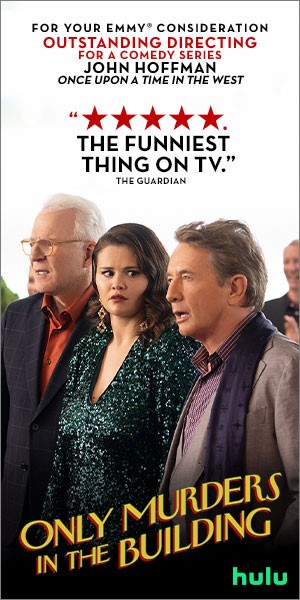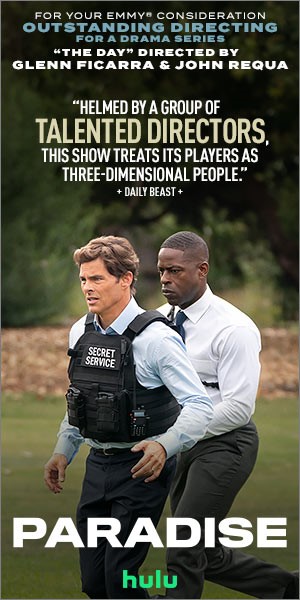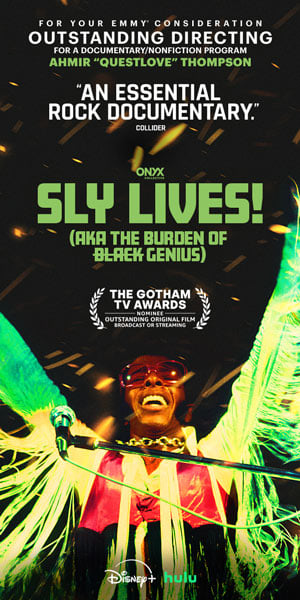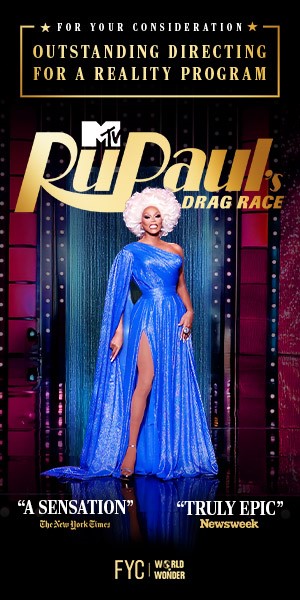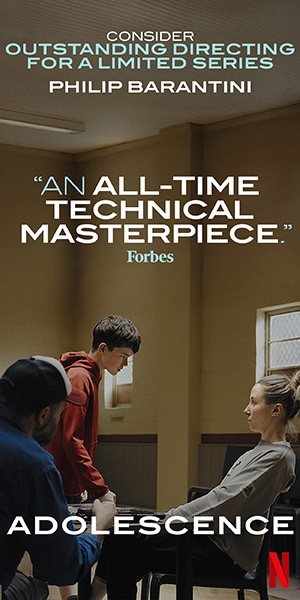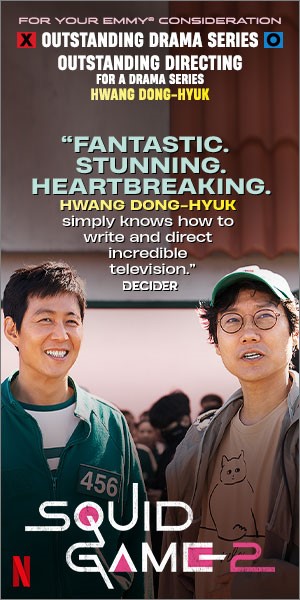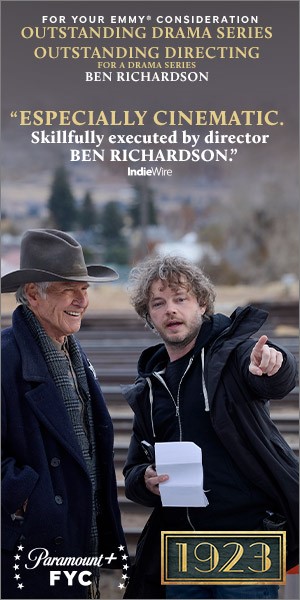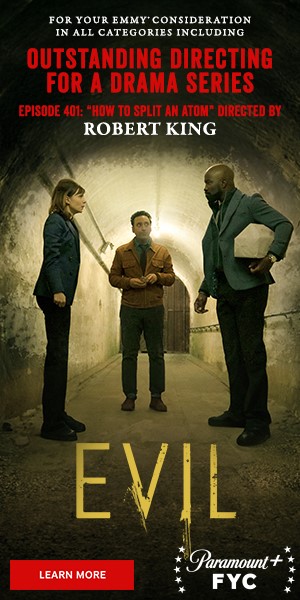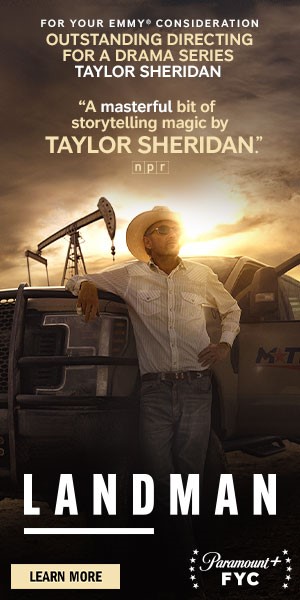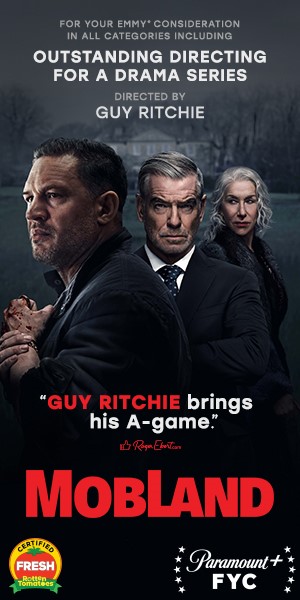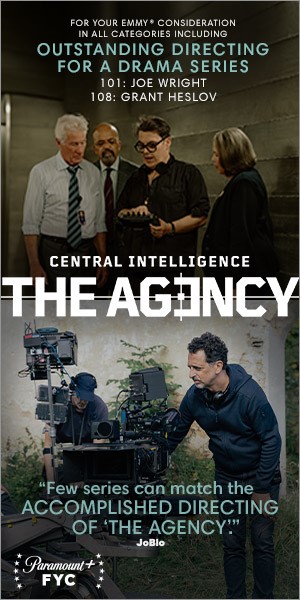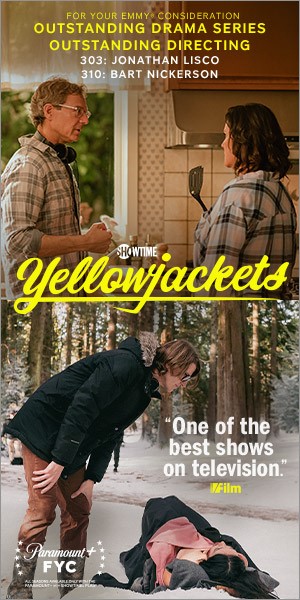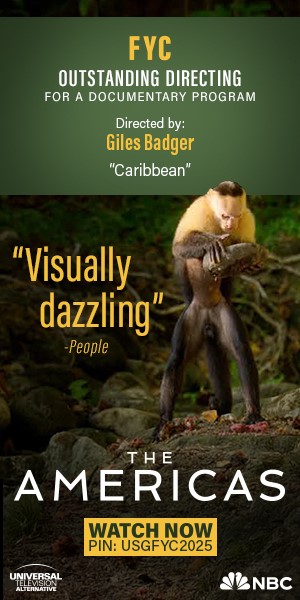Director Miloš Forman will be presented with the DGA Lifetime Achievement Award at the Guild’s 65th Annual DGA Awards on February 2, 2013. This prestigious honor is given in recognition of distinguished achievement in Motion Picture Direction.
“It is a tremendous privilege to present the DGA Lifetime Achievement Award for feature film to one of the greatest filmmakers of our time, Miloš Forman,” said DGA President Taylor Hackford. “No matter what subject or genre he tackles, Miloš finds the universality of the human experience in every story, allowing us – his rapt audience – to recognize ourselves within the struggle for free expression and self-determination that Miloš so aptly portrays on the silver screen.”
The DGA Lifetime Achievement Award winner is selected by the present and past presidents of the Guild. In the Guild’s 76-year history, only 33 other directors have been recognized with the honor, including Cecil B. DeMille (1953), Frank Capra (1959), Alfred Hitchcock (1968), Orson Welles (1984), Billy Wilder (1985), Akira Kurosawa (1992), Stanley Kubrick (1997), Francis Ford Coppola (1998), Steven Spielberg (2000), Martin Scorsese (2003), Clint Eastwood (2006), and most recently, Norman Jewison (2010).
Forman is perhaps best known for directing the outstanding feature films One Flew Over the Cuckoo’s Nest and Amadeus, for which he twice won the DGA Award for Outstanding Directorial Achievement in Feature Film. His films have garnered 33 Academy Award nominations and 13 Academy Awards, and the filmmaker himself has been nominated for three Best Director Awards, winning twice for One Flew Over the Cuckoo’s Nest and Amadeus.
One Flew Over the Cuckoo’s Nest became only the second film in history to sweep the top five Academy Award categories in one year.
Forman first became interested in filmmaking while he was still a child. “I saw my first film, which was Snow White, and it totally charmed me,” Forman recalls. “Then my next experience was totally surreal. It was right before World War II, right before the Nazi tanks rolled in. I was six years old and my parents took me to a silent version of the most popular Czech opera, The Bartered Bride. I saw this company of dancers and singers opening their mouths like fishes, with no sound coming out. But because this was the most popular opera, very Czech, for the people in the theater The Bartered Bride was a manifestation of patriotism. Everybody in the country knew the first song, and suddenly the whole audience started to sing to this silent movie. It was magic. As a six-year old, I thought that’s what the movies were all about: you see some black and white photographs that are moving and you sing. I loved it.”
After graduating from the University of Prague’s Film Institute, Forman began writing screenplays and making short semi-documentaries. But his childhood dream of making his own feature films was still stymied. “I wrote a couple of screenplays which were made by other directors. I’m not saying they were worse or better than my ideas, but they were different.”
That all changed after he directed his first feature, Black Peter, in 1963, which garnered success at film festivals at Cannes, Montreal and New York, and brought him to the United States for the first time. His next two films, Loves of a Blonde and Fireman’s Ball, were nominated for Academy Awards for Best Foreign Language Film. In 1970, Forman moved to New York to make his first American feature, Taking Off, and in doing so became a member of the DGA. It was fortunate he did so as the Guild was able to assist him on his first film. “I wanted to bring my own cameraman, Miroslav Ondrícek, so I’d be able to communicate very clearly with my closest collaborator. The union resisted, but the DGA helped convince them that it was necessary.”
In 1973, producers Michael Douglas and Saul Zaentz contacted Forman about directing One Flew Over the Cuckoo’s Nest. “When I was asked to direct One Flew Over the Cuckoo’s Nest, my friends warned me not to go anywhere near it. The story is so American, they argued, that I — an immigrant — could not do it justice. I explained I wanted to make the film becaused to me it was not just literature but real life, the life I lived in Czechoslovakia from my birth in 1932 until 1968. The Communist Party was my Nurse Ratched, telling me what I could and could not do; what I was or was not allowed to say; where I was and was not allowed to go; even who I was and was not.”
One Flew Over the Cuckoo’s Nest garnered Forman his first DGA Award, five Academy Awards including Best Director, and four additional nominations. Forman next turned long-running musical Hair into a feature film and followed that with Ragtime, which was nominated for eight Academy Awards. 1984’s Amadeus brought more critical acclaim, a second DGA Award, and eight Academy Awards including Best Director and Best Picture. Forman’s most recent films include Valmont; The People vs. Larry Flynt, for which Forman received his third Academy Award nomination for Best Director; Man in the Moon and Goya’s Ghosts. He also spent many years teaching and running the film studies program at Columbia University. He says that the best piece of advice he gives to students or anyone interested in filmmaking is simply, “just keep trying.”
After becoming a DGA member, Forman served two terms on the National Board. A longtime champion of artist’s rights, he became personally involved with the issue of unauthorized film alteration after his film version of Hair was broadcast with half of its musical scenes removed without his authorization. He was a Charter Benefactor of the Artists Rights Foundation, a Governor of the Artists Rights Education and Legal Defense Fund Council at The Film Foundation, and a member of the DGA President’s Committee on Film Preservation. In 2009, Forman gave the keynote address at the CISAC World Copyright Summit in Washington, D.C. on behalf of the DGA expressing concern about how rampant digital theft would impact the ability of artists to be compensated for their work. Forman was awarded the John Huston Award for Artists Rights in 1997 and the DGA Honor in 2008.
Although he has been the recipient of honors from all over the world, for Forman, the recognition of his fellow DGA members holds a special significance. “It feels great. I’m really humbled and thrilled by this.”
The award will be presented at the 65th Annual DGA Awards Dinner on Saturday, February 2, 2013 at the Ray Dolby Ballroom at Hollywood & Highland in Los Angeles.
Past recipients of the DGA Lifetime Achievement Award:
- Norman Jewison (2010)
- Clint Eastwood (2006)
- Mike Nichols (2004)
- Martin Scorsese (2003)
- Steven Spielberg (2000)
- Francis Ford Coppola (1998)
- Stanley Kubrick (1997)
- Woody Allen (1996)
- James Ivory (1995)
- Robert Altman (1994)
- Sidney Lumet (1993)
- Akira Kurosawa (1992)
- Ingmar Bergman (1990)
- Robert E. Wise (1988)
- Elia Kazan (1987)
- Joseph L. Mankiewicz (1986)
- Billy Wilder (1985)
- Orson Welles (1984)
- John Huston (1983)
- Rouben Mamoulian (1982)
- George Cukor (1981)
- William A. Wellman (1973)
- David Lean (1973)
- Fred Zinnemann (1970)
- Alfred Hitchcock (1968)
- William Wyler (1966)
- Frank Borzage (1961)
- George Stevens (1960)
- Frank Capra (1959)
- King Vidor (1957)
- Henry King (1956)
- John Ford (1954)
- Cecil B. DeMille (1953)
